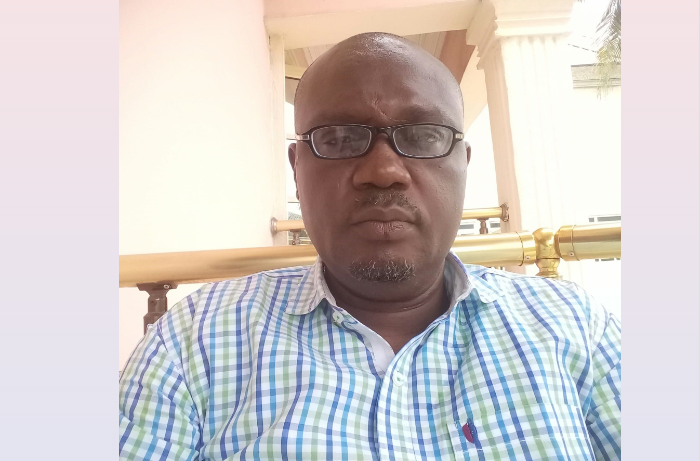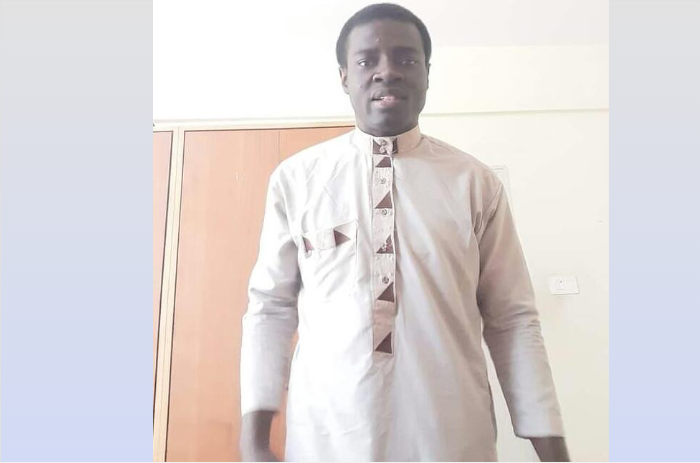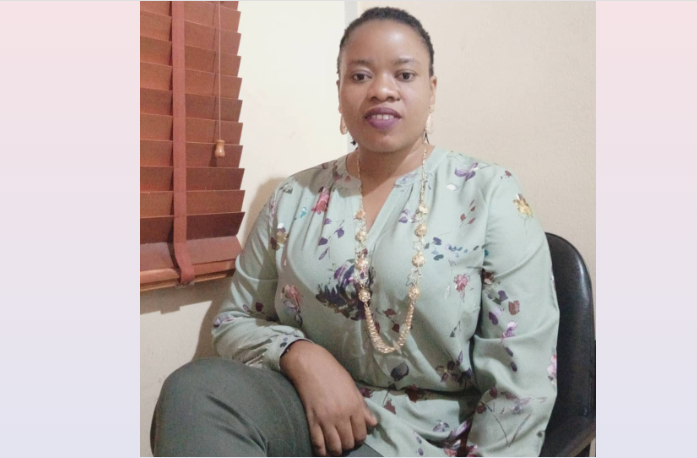
Sunday Akpan, Lagos
Solving Nigerian erratic power problem involves a lot which include upgrade of power distribution and transmission equipment. The new companies that took over electric power transmission and distribution business in Nigeria should embark on immediate upgrading of the power transmission and distribution infrastructures. More emphasis should be on distribution infrastructure now and then after ensuring that the equipment on ground can comfortably distribute the power currently being generated and the amount of power the generating companies intend to generate in the near future, then emphasis will now shift to power generation.
As a matter of urgency, the default billing system adopted by NEPA and is still used by the new power distribution companies, should be outlawed as it is stupid, criminal, exploitative and destructive. A billing system that charges the same amount of money on a consumer with ten LED bulbs of 10W each (= 100W), another consumer with ten 200W bulbs (= 2000W) and still a third consumer that did not use electric power in his house for the whole month either because the power transformer in his area was faulty or because the family travelled, should be condemned and discontinued. If this is not done because of the criminal nature of the billing system, let it be done because of the fact that it encourages power wastage and leads to breakdown of power distribution and transmission equipment.
Government should outlaw the use of electric gadgets and devices that waste electric energy and encourage the use of models of these gadgets that save energy. For instance, a 10W LED electric bulb can give the same illumination as a 100w incandescent bulb. This means 90% energy saving. Also a 120W modern refrigerator can render the same service as a 600W older version of the fridge. Worldwide, nations are beginning to face up to the challenge of sustainable energy by re-evaluating the way energy is generated and utilized so that social, environmental and economic aims of sustainable development are supported. The benefits of energy efficiency upon the environment are self-evident and the economic benefits of improving energy efficiency have been well documented since the first oil crisis in early 1970s. Many forward-thinking industrial and commercial concerns have already adopted energy efficiency as a key policy towards maximizing profits. Niger republic which relies partly on Nigeria for its electric energy supply, was able to achieve some level of high energy conservation and efficiency by the adoption of energy saving policy that mandated the consumers to shift from the use of incandescent bulbs to fluorescent lamps. Also, Ghana adopted a similar policy whereby the government collaborated with product and sales companies, and asked residents to return their energy inefficient refrigerators for modern energy efficient ones at a good discount. Nigeria can adopt a similar policy and also outlaw the use of incandescent bulbs. The price of LED bulbs should be subsidized, as high price of these bulbs has been a major factor responsible for low use of the bulbs in Nigeria.
Government can withdraw the subsidy after sometime, when the people have gotten used to the new technology and have realized that one LED bulb can outlast ten incandescent bulbs.
The new power generation, transmission and distribution companies should retain only the staff of NEPA and PHCN which they have tested and certified as qualified and competent, and dismiss all those that were engaged through the back door. They should then employ qualified and technically competent workforce to drive the new efficient and sustainable system.

Edu Samuel, Lagos
There is a need for the country to have data-driven discussions on key solutions to the myriad of challenges facing the electricity sector. There are issues bothering on infrastructure, distribution of available megawatts of electricity generated and banking on alternate sources of energy to solve the country’s electricity challenges. It is important to have solutions that are backed up by data and not just assumptions.
Transmission and distribution lines in Nigeria are dilapidated thereby causing an infrastructural gap for the power sector. Some other issues facing the country’s electricity sector include poor gas supply and hydropower sources refusing to fire up as they ought to.
Nigeria is not producing enough to meet the growing demands in the country.
There is a need to have policies that help the energy sector and the importance of monitoring key players in the sector. For instance, with respect to distribution; distribution companies fail to supply electricity appropriately. Even the electricity generated by Nigeria is not properly distributed. There is a need to monitor the distribution of electricity to customers to ensure that the power supplied to distribution companies is properly distributed in the ways that it should be. Also, distribution companies should be restructured in a way that allows retailers to take part in the distribution process of electricity. For instance, many distribution companies do not even know when consumers are not enjoying power supply. To ensure maximum distribution of the power generated in the country, there is a need to bring retailers into the play. This way, distribution companies supply power to retailers who in turn make it available to consumers. These retailers should be the one responsible for billing and reaching out directly to consumers. We would be bridging a distribution gap doing so and winning the confidence of consumers while utilising what we produce more appropriately.
In addition, there is need for Nigeria to diversify its source of supply, we need to encourage renewable energy sources. More Nigerians need to be brought into using alternate power sources. We cannot rely on just one source of power, we must diversify and have a blend of non-renewable/renewable energy.

Omolara Eweje, Abuja
Solving Nigeria’s erratic power problem necessitates better governance and management of resources. Seventy percent of the country’s budget is eaten away by benefits, salaries and subsidies. Clearly we would have to ask officials to steal less, cut down on wasteful or unproductive expenses and allocate more money towards making investments towards making the power sector great than it is now.
The power problems of Nigeria are littered at every of the three tiers of the power sector; generation, transmission and distribution as further explained in here. Therefore to solve electricity problems, policies, capital infrastructural investment and sustainable maintenance must be vented at these three tiers. This will involve commitment from the government and adequate private investment into power. But as a solution that individuals can drive, there is need for distributed generation from private investors to assist in fuelling the huge energy demand in Nigeria. This could involve renewable energy sources (especially solar and wind) to be distributed for homes and businesses. Nigeria has a whooping population of over 206 million and energy from the national grid is barely 4,500MW daily. There is a huge need to invest in energy in Nigeria. If this problem is solved, Nigeria is on its way to development.

Ruth Omoye, Abeokuta
I really don’t believe there is any government that can revive or assure hydroelectricity in Nigeria. Two major reasons are increasing population on a daily basis and the effects of climate change. A possible solution I think of is that government should subsidize the price of alternatives form of energy such as solar power so that it can be affordable for an average Nigerian; massive investment in other power sources such as biofuels, wind energy, solar power etc and the need to start establishing model alternative power solutions is no better time than now.

Abiodun Adekunle, Lagos
The private companies that finally emerged from the privatisation exercise have shown no capacity to effect any improvement. And government, along with the regulating agency it established, appears clueless as to the way forward. Again, the Minister of Power must take charge and compel the GENCOS and the DISCOS to perform or quit the stage for better qualified and more competent organisations. Given the gross mismanagement that has trailed the electricity sub-sector, it is time to hold those responsible for the colossal failure in power supply to account for all they have done. The distribution companies must firstly be compelled to meter all their subscribers. So far, this task is taking eternity despite huge government’s financial and material encouragement, coupled with the fact that the subscribers ultimately pay for the meters’ procurement.
In addition, government must encourage a switch to alternative energy sources, which is the global trend. Solar power, wind energy and hydro-power generation should be given the necessary attention and integrated into the country’s power strategic plan. Energy mix is the in thing and should be pursued with vigour.
Importantly, there should be energy democracy. Electricity should not be in the exclusive list. Let those who can provide power, be it states, corporate bodies or individuals, be allowed to produce power and sell to consumers. Decades of dependence on one omnibus, centralised power behemoth has failed and should be discarded. Improving access to reliable power supply is the key to reducing poverty and unlocking economic growth in the country.
Copyright Ships & Ports Ltd. Permission to use quotations from this article is granted subject to appropriate credit given to www.shipsandports.com.ng as the source.